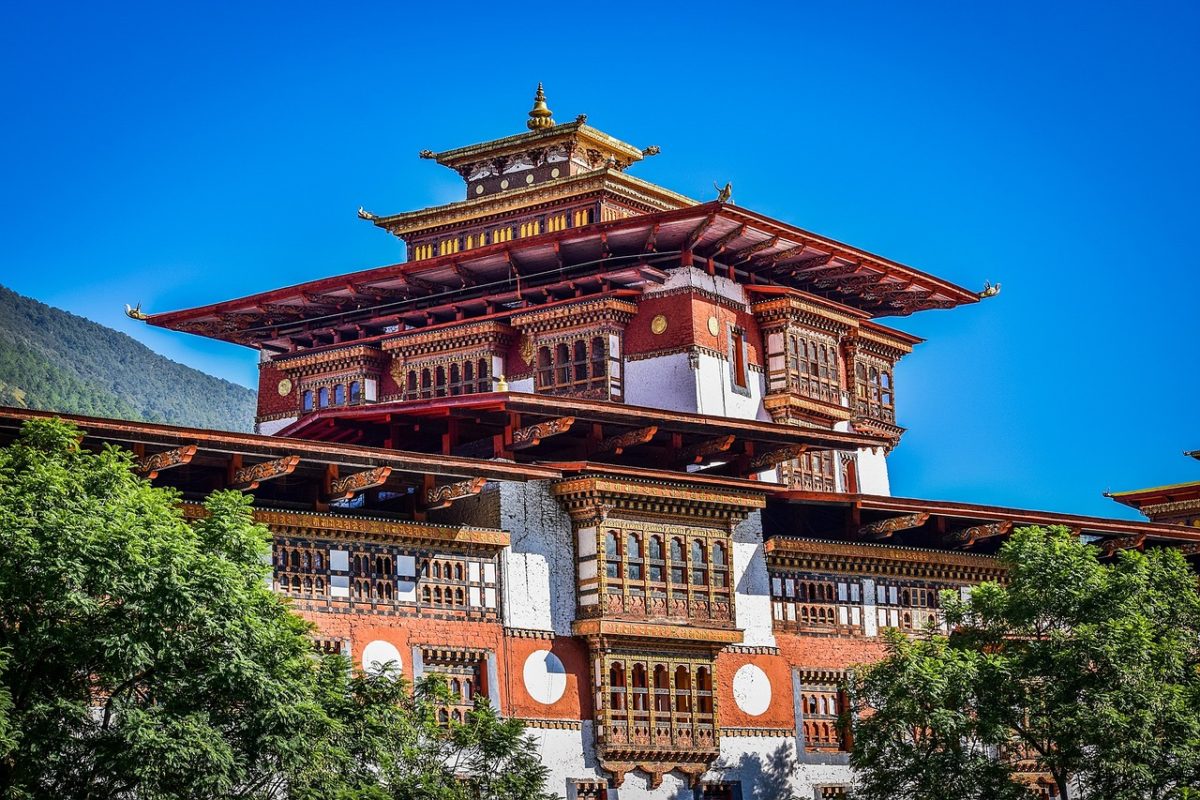Bhutan’s unique position between China and India has significant implications for regional security. While historically isolated, Bhutan has begun opening up to foreign influence, carefully managing its diplomatic ties. Its relationship with India is crucial, with India providing economic support and Bhutan serving as a buffer state. Bhutan’s diplomatic approach aims to balance relations with its neighbors and engage in global initiatives aligned with its developmental goals and values.
Bhutan is preparing for its National Assembly elections, which are scheduled to take place on 30 November 2023 and 9 January 2024 . The political landscape has evolved since the 2018 elections when the Druk Nyamrup Tshogpa (DNT) won a majority of seats, and its leader, Lotay Tshering, became the Prime Ministe. The DNT has continued to strengthen its position, winning four by-elections during the 2018–2023 term.
The upcoming elections will also see new entrants, as two new parties, the Druk Thuendrel Tshogpa and the Bhutan Tendrel Party, were registered in 2022 and 2023. Meanwhile, the Bhutan Kuen-Nyam Party deregistered due to low activity and funding issues.
Bhutan’s electoral system involves primary elections where voters select parties, and the top two parties then field candidates in the main round, where the 47 members of the National Assembly are elected using a first-past-the-post system. This system is expected to shape the dynamics of the upcoming election cycle.
